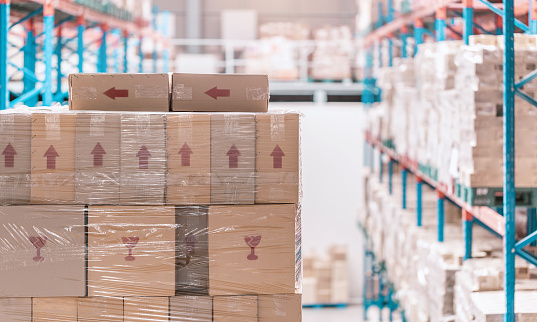
Pierre-Michel Besson was a student in ESSEC’s executive SMIB program (2016-2017). The aim of Pierre Michel’s study was to explore if and how, in France, logistic packaging for Fast Moving Consumer Goods (FMCG) could be (more) sustainable (than it is today).
Logistic packaging is used to aggregate consumer product selling units into a convenient unit load for supply chain efficiency. It is generally disposed after use. The consumer goods industry and mass retail complex supply chain schemes generally comprise several steps between production sites and stores. They generate a significant amount of break of loads and re-packing operations resulting in packaging waste, which is not always recovered for recycling, depending on waste management programs in place. Logistic packaging is mainly composed of wood, corrugated and plastics, using both virgin and recycled materials but not always from sustainable source. FMCG is an important producer of Green House Gas (GHG) emissions in the entire goods life cycle.
The question of increased sustainability in packaging has become critical. Legislative and regulatory frameworks are becoming more and more stringent, driven by strong political willingness and circular economy principles applied into European and national laws. Raw material and commodity shortages and price volatility are influenced by oil prices and geopolitical tensions. The fiscal burden is becoming heavier when it comes to incentivize a gradual shift towards greener economies and business opportunities dry up. Recent China ban on waste import illustrate the rapidity and importance of unexpected external factors heavily impacting a whole industry (i.e. recycled material supply).